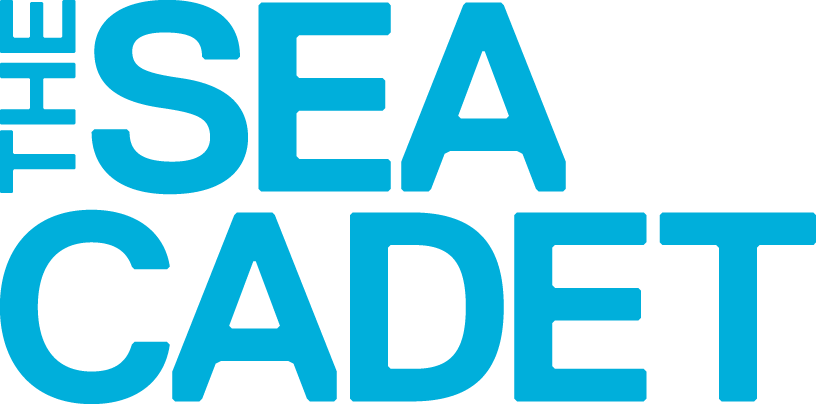Inspiring tomorrow’s engineers
Our popular marine engineering workshops are giving young people hands-on experience and inspiration for their future careers
Exhilarating, unique, exciting – these are just some of the words students have used to describe the Marine Engineering Pathway (MEP). Since 2016, in partnership with The Seafarers’ Charity, Sea Cadets has worked with schools across the UK to offer free MEP workshops for students aged 9–13 years. It is a national science, technology, engineering and maths (STEM) initiative, which has already provided workshops to more than 40,000 young people.
The sessions give students a practical understanding of marine engineering and highlight the important role that engineers play in the world today. Through this, Sea Cadets aims to capture people’s imaginations with the excitement of STEM at an early age, and encourage them to find their future in engineering.
Getting creative
The MEP workshops are created and devised by Sea Cadets. They involve hands-on exercises and experiments that allow young people to learn in a different way from the standard classroom environment. For example, students can explore the concepts of buoyancy and density by predicting which set of similar-sized objects will and won’t float.
Through this, real-world examples are combined with important curriculum topics like buoyancy, density and Archimedes’ principle, to create an informative yet engaging experience. Teachers have commended the hands-on nature of the workshops, with one commenting, “When we’re teaching to a syllabus, we’re not necessarily relating things to everyday life as much as someone from outside who is coming in with a real practical purpose.”

The sessions challenge students to become marine engineers themselves by completing the Build a Boat or Submarine Challenge. They must come up with their own idea, then design, build, test and improve it. Boats must carry as much cargo as possible before sinking, while submarines must collect as much sunken litter as possible within a time limit. Interactive exercises like these have proved popular with students, with one exclaiming, “You get to have fun but you’re learning at the same time!”
Future thought
The sessions don’t only involve fun challenges; they also inspire young people to think about what they might want to do in the future. Students hear from engineering role models, with the team of Sea Cadets instructors telling their career stories.
Students also get to understand the range of possible careers linked to engineering, from the more traditional image of an engineer in mechanical and electrical engineering, through aeronautical engineering to environmental engineering. This gives them something to relate to and be excited about, whatever their background and interests.
Teachers have recognised the benefits of pupils hearing these stories, as one explained, “The students become more aware of the STEM side of science. They become aware of what that means, they can see that there are lots of careers within STEM. It gives them a lot of future thought.”
“With the environmental problems we face, the engineers of tomorrow are the people who are going to fix them. It’s important that we inspire children to become those engineers through the MEP”
STEM Programme Manager Sally Wilkinson
Planet problem-solving
Given the issues highlighted last year at the United Nations COP26 (the global climate conference), Sea Cadets has added a focus on environmental awareness and sustainable marine engineering to the workshops. This covers topics such as rising sea levels, pollution of oceans and rivers, and pollution from shipping. These issues not only apply national curriculum topics to real-life situations, but also link to the UN Sustainable Development Goals 13 (Climate Change) and 14 (Life Below Water), as well as the Government’s Maritime 2050 strategy.
STEM Programme Manager Sally Wilkinson said, “With the environmental problems we face, the engineers of tomorrow are the people who are going to fix them. It’s important that we inspire children to become those engineers through the MEP.”

Next steps
Outreach projects like the MEP target young people outside the charity to share some of the benefits Sea Cadets offers.
Marine engineering is one of the areas in which cadets can train and gain qualifications, and any workshop participants who are interested in joining are encouraged to contact their local unit.
Our target for this year is to engage a further 15,000 young people through the MEP. Reaching this also means we can develop the workshops into a short series carrying CREST accreditation – the first STEM qualification for the engineers of the future.
MEP runs on donations and costs £300,000 a year. More than £200,000 is still required for the project to continue this year. If you would like more information about MEP workshops, or to make a donation, please visit the website or email fundraising@ms-sc.org.
Making an impact
The MEP has proved highly successful – over 96% of the teachers surveyed said they would recommend the workshop to other schools. Here are some of the things that students have said about it:
“You figure out and learn new things.”
“I liked building the boat. I enjoyed drawing it out and measuring
all the different things.”
“I would consider a career in engineering because it would be
really fun to help the planet.”
More Features

Be your best self
Every year a cadet from each area is selected to be a First Sea Lord’s Cadet. Let’s meet the cadets selected for this prestigious role for 2024


